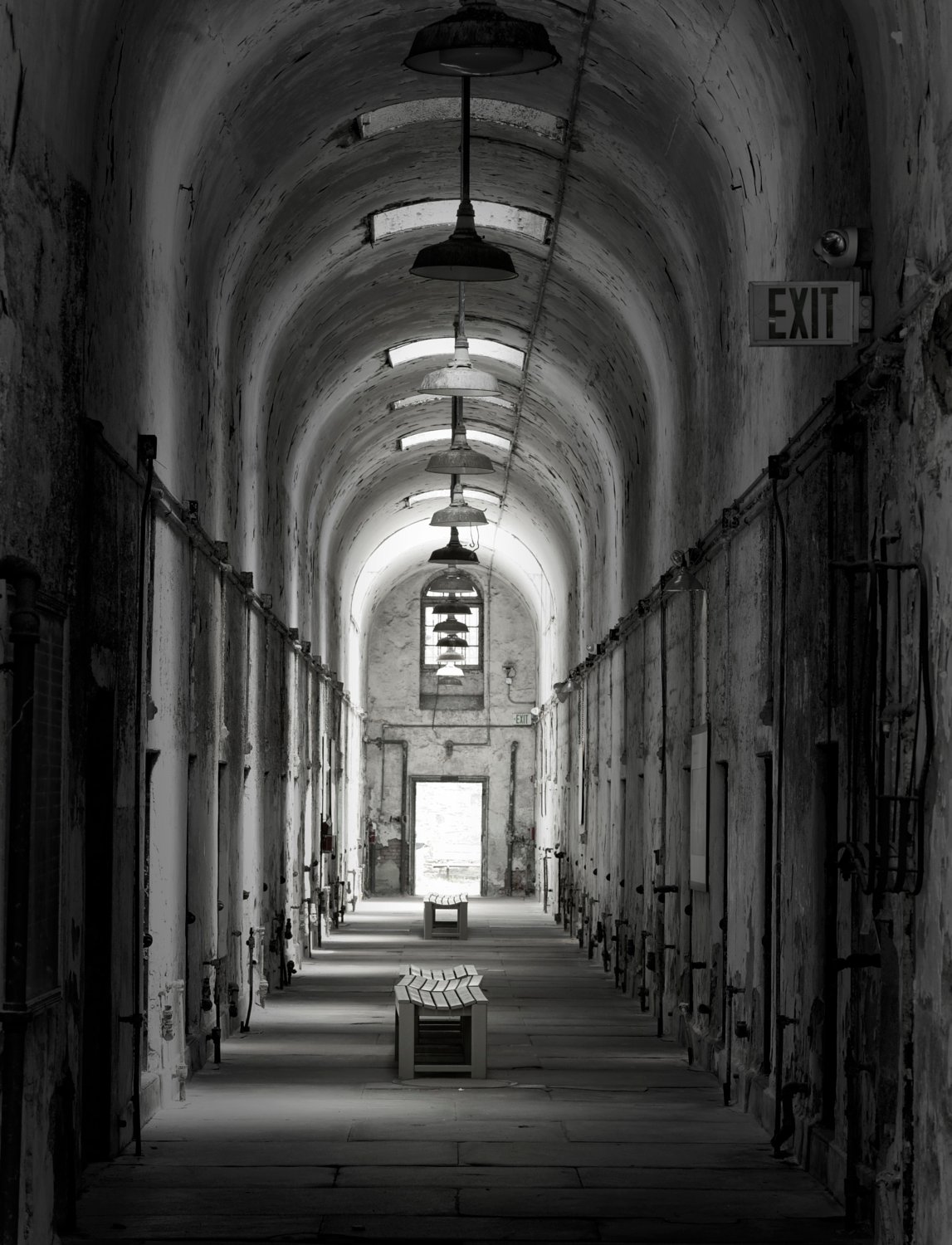“I know not whether Laws be right or whether Laws be wrong; all that we know who live in goal is that the wall is strong; and that each day is like a year, a year whose days are long.”
― Oscar Wilde, The Ballad of Reading Gaol
“Nothing about the daily workings of the prison system focuses its inhabitants’ attention on what life back on the outside, as a free citizen, will be like. The life of the institution dominates everything. This is one of the awful truths of incarceration, the fact that the horror and the struggle and the interest of your immediate life behind prison walls drives the “real world” out of your head. That makes returning to the outside difficult for many prisoners.”
― Piper Kerman, Orange Is the New Black: My Year in a Women’s Prison
“It is said that no one truly knows a nation until one has been inside its jails. A nation should not be judged by how it treats its highest citizens, but its lowest ones.”
― Nelson Mandela
Throughout history and across cultures, incarceration has represented a powerful tool for maintaining civic discipline. It is estimated that 9 million people are in prisons around the world, with over half the global prison population incarcerated in United States, Russia and China. Whether used as a tool for dealing with offenders who threaten the safety and well-being of the public or a means of silencing social or political dissidents who challenge the authority of those in power, prisons are central to our understanding of law and order. In many segments of society, incarceration is inextricably tied to being tough on crime, not only because it removes troublemakers from the community but also because of the potential for this type of punishment to deter future offenders. Social progressives have challenged the validity of the deterrence argument and raised concerns that fundamental flaws in the justice system, combined with inhumane prison conditions, undermine the legitimacy and value of incarceration. As debates continue to rage over the correct approach to dealing with those who break the law, it is not uncommon to see exchanges of simplistic, sound bite-friendly pronouncements that fail to address the nuances and complexities of the issues around prisons.
In view of the sheer number of individuals who are either incarcerated or otherwise affected by the imprisonment of others, the Experiencing Prison Project provides a platform for inclusive interdisciplinary dialogues aimed at grappling with questions around the purpose, effectiveness, legitimacy and social impact of prisons. This entails exploring questions about the justifications for withdrawing the freedom of another human being, the fairness of legal processes used to determine guilt, the usefulness of incarceration as a mode of punishment, ethical treatment of prisoners and the impact of the legal and economic structures that support prison systems around the world. The project will also examine prison experience, as well as the cultural mechanisms that inform our understanding of it.
Activities
Conferences
7th Global Inclusive Interdisciplinary Conference
Experiencing Prison
Saturday 7th May 2022 – Sunday 8th May 2022
Prague, Czech Republic

